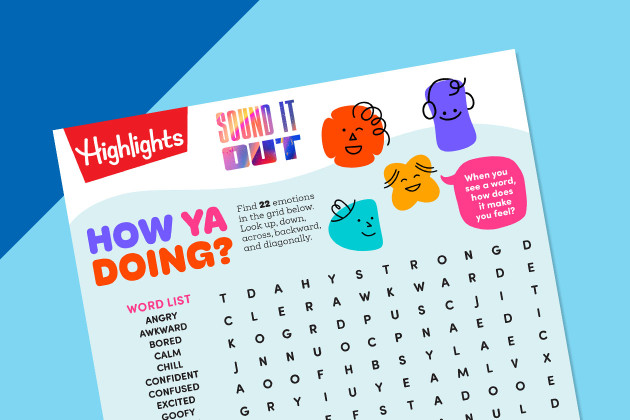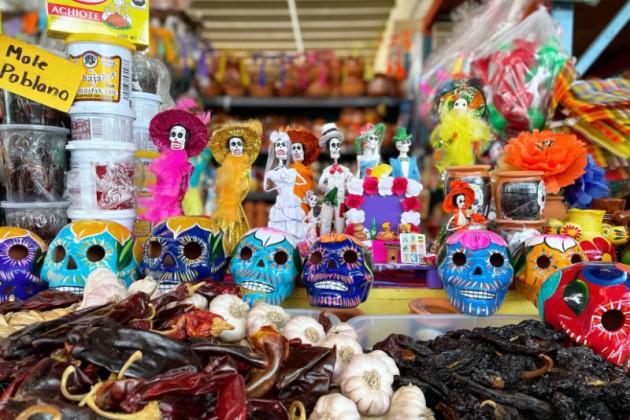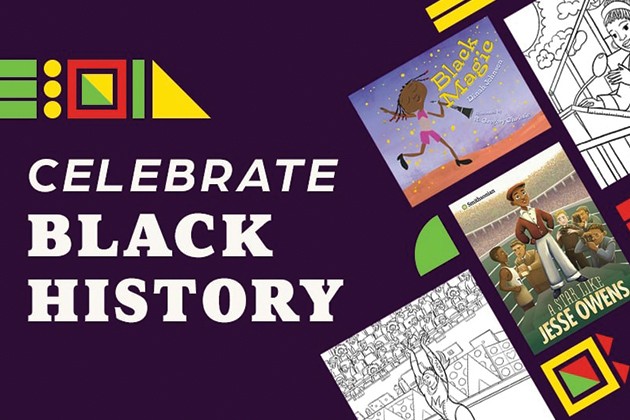Dear Highlights Podcast: How Caregivers and Communities Can Heal from Trauma

In this “Dear Highlights” episode, Christine French Cully, Editor-in-Chief, and Hillary Bates, Director of Purpose and Impact, talk with Nelba Marquez-Greene, founder of the Ana Grace Project, about how we can help communities, children, and their caregivers to heal from trauma. Nelba shares with us:
- How we can help kids be rich in relational wealth, even after tragedy
- Why music is central to her work, and its power to help kids
- Her hard-won wisdom on how we empower ourselves and young people to move forward through trauma.
Before they start their conversation, Christine asks Nelba to share some memories of her daughter Ana, who was killed in the Sandy Hook school shooting. Nelba says that Ana was not afraid to use her voice and would tell anyone who mispronounced her name that “It’s Ah-na, not Ana.” Ana was spirited and loving and lived a life that was full of promise and joy.
Christine gives her condolences and turns the conversation to the work of the Ana Grace Project, which Nelba founded in 2013 in memory of her daughter. The rallying cry of the project is “love wins,” which, Christine notes, “is a powerful statement of belief.” The second part of the slogan is “love saves lives.” Christine asks Nelba to talk about what she hopes the mission-driven slogan conveys.
Nelba explains she hopes people remember we’re living in a world that promotes many different approaches to the wellness of children. However, Nelba says, looking at research we can see that the “healthier the relationship a young person has with adults [and] the more securely attached they are, the more likely they are to overcome traumatic events and live joyful and fulfilling lives.”
She stresses that the project’s slogan isn’t a “superficial or saccharine thing.” It’s a real concept that acknowledges attachments and relational wealth. These concepts and practices should be in place for our children, she explains, “before tragedy if we want them to be able to endure tragedy.”
It’s OK not to raise your family alone and making sure you have a support system and ways to ask for help is critical.
In an ideal world, Nelba continues, it would be wonderful not to have to think about overcoming tragedy and traumatic events. But unfortunately, there is tragedy in the world. Nelba notes one of the ways families can start to heal from tragedy is secure attachment. Therefore, she explains, when she says “love saves lives,” she means providing a secure and stable environment for children.
Hillary notes she’s struck by the phrase “relational wealth,” which is characterize by inner strength and emotional security. She asks how we can make sure kids are developing the relational wealth they need for when a crisis happens. Nelba says that one of the main ways is to make sure caregivers ask for help and not to feel like they need to do everything on their own. Young people need outside support in their lives, she continues, and care givers need support as well. It’s OK not to raise your family alone, she says, and making sure you have a support system and ways to ask for help is critical.
Christine shares she was recently talking with a friend about first-time parents. She notes that now it seems like there aren’t a lot of opportunities for parents, particularly new moms, to “sit at the feet” of older moms who have more experience and might have much to offer. She notes there are a lot of ways to ask for help and places to go for help, but there seems to be a missing element of generational support for families.
Nelba agrees and adds that some of the most successful and helpful programs nationwide are the ones that replicate those kinds of generational relationships, whether they are mentor or peer led or community-based teachers.
Hillary brings up how music is a supporting pillar of the Ana Grace Project and is curious about why it is such an important element and how it helps children. Nelba shares, “Music stands on its own. It is intrinsically powerful and intrinsically important.” One of the reasons it’s so important to the project, she explains, is that music brings people together. Another reason is related to healing. One essential part to healing is rhythmic movement, and music “embodies and captures” that, she explains.
Nelba shares that when she and her family were in deep, intense grief after Ana was killed, her therapist would ask: “Have you moved today?” Anything with rhythmic, repetitive movement helps with processing trauma and helps with regulation. She notes there are many activities that can help open healing pathways, like being in nature and doing activities outdoors. There needs to be a focus on keeping these healing pathways accessible so grown-ups and kids can thrive.
Christine asks the question she poses to every Dear Highlights guest: “If we lived in a world where we honored the idea that every child is among the world’s most important people, which is what we believe at Highlights, what other things might we do differently?”
Nelba says that she comes to this question with hard-won wisdom. She says, “If we truly valued children, we would make sure that all the adults around them are safe and healthy themselves. When I look at a family system in therapy, someone will say, ‘My 8-year-old needs help.’ There’s very little power in a family system that an 8-year-old has, and while I might enjoy teaching skills to the 8-year-old, the entire family system has to change if we want better for that 8-year-old. Power lies with the caregiver, so if we wanted to have a universe where children are incredibly valued, we have to call adults to the table and say, ‘Hey—are we doing everything we can do to ensure that we’re giving the kids in our lives the very best shot?’ We are increasingly living in a world that’s putting the burden of responsibility for change and healing on the backs of those people least able to do it. We saw that after Parkland. We pretty much put superhero capes on the young people in high school. After Newtown we put it on the parents. And I thought very early on that this is unfair… We need to call the adults to the carpet.”
She explains that after her daughter was killed, her son wasn’t going to get better in a vacuum. Today her son is thriving, she says, because she and her husband did the hard work of working on healing. She notes that most kids just want to be regular kids in the face of whatever adversity or hardship they’ve been through.
Christine agrees and adds they just want to be “regular kids, not superheroes.”
Christine asks Nelba how optimistic she is about whether we’re making progress. Nelba says there’s movement in the right direction. She points out that a lot of progress has been led by black women therapists, educators, and healers. There are different advocacy groups, she says, whose mission it is to remind us that it’s not our job to save the world, but to be healthy and strong on the inside. Only then, she notes, can we do the work from a place of joy and abundance and not from exhaustion. She finds herself asking, “Am I taking the time to care for Nelba? Am I doing the work to heal myself?”
Sometimes, Nelba says, she’ll ask grown-ups, “When was the last time you rested?” And sometimes they can’t answer that. She says we’ve been led to believe that exhaustion means good parenting, but exhaustion normally means less than stellar parenting. We need those moments of respite to care for ourselves so we can care for our children in a way that allows everyone to thrive.
Christine adds, “Kids have an uncanny ability to discern whether their parents are able to handle the burden of truth that they might want to give them.” She says this one of the reasons kids write to Highlights, rather than sharing their concerns with their adults. She adds, “If we do want to keep that line of communication open with our kids and be there for them when they need us, it’s super important for us to make sure we’re healthy and strong."
Christine and Hillary thank Nelba for talking with them and asks how people can support the Ana Grace Project and where grown-ups can go to find resources to support themselves in unique and individual ways. Nelba offers This Grieving Life, which is her personal website, and The Ana Grace Project to explore ways of healing and building relational wealth.









